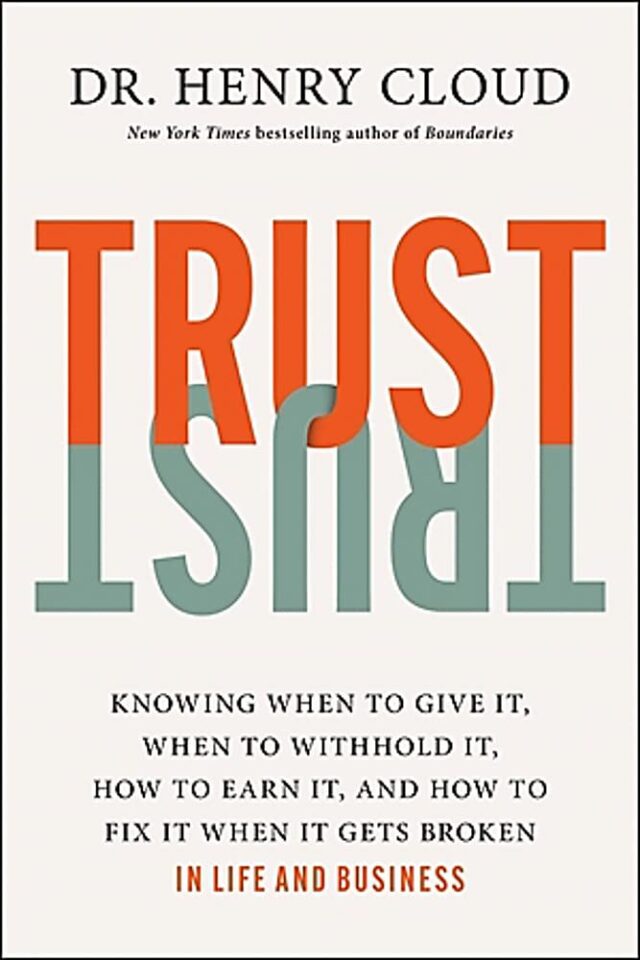Listen to Your Heart?
1 John 3:19-24
Citing the 19th century theologian Robert Law, John Stott calls these next couple of verses a grammatical locus vexatissimus = a very troubled place.
Whenever we are reading and attempting to understand the original, authorial intent of ancient texts, we can expect some difficulties to emerge. Languages, word choices, sentence structures, nuances of linguistic interaction, and culturally understood metaphors, similes and analogies, etc can become troubling places we must navigate.
John mentions the term “Our heart” 4 times in vv 19-21. What did John and other ancients mean by the term “heart”? How did John’s original readers understand this?
For the people of the Bible times the “heart” was the central or core of a human being. It connected the thought processes of the mind, the flow of the emotions and desires, the intuition of the soul, the voice of the conscience, the disposition of the will.
No surprise then that John is concerned with the challenges of having an oft self-condemning heart and the parallel challenges of our oft sinful desires. Most of us remain aware of the voice of our conscience and our moral obligations but we are often unaware of our spiritual inconsistencies.
Does John offer us any help with our contemporary mindset that tells everyone to “just follow your heart”? And what societal chaos might ensue when my heart and your heart don’t quite see things the same way, much less God’s way?
“The heart is deceitful above all things, and desperately sick; who can understand it?”
Jeremiah 17:9
“Trust in the LORD with all your heart, and do not lean on your own understanding.
In all your ways acknowledge him, and he will make straight your paths.
Be not wise in your own eyes; fear the LORD, and turn away from evil.
It will be healing to your flesh and refreshment to your bones.”
Proverbs 3:5-8
“You keep him in perfect peace whose mind is stayed on you, because he trusts in you.”
Isaiah 26:3, ESV
Forgiveness and salvation come from the LORD. They are not based on how we feel about them but rather on what God has said and done for us in Christ.
What is John’s goal in writing? In a word: reassurance. John is seeking to persuade us we can trust what God has done for us in the person and work of Jesus Christ.
“Spiritual formation in Christ moves toward a total interchange of our ideas and images for his.”
Dallas Willard, Renovation of the Heart
“’Living in Christ’ is not a mystical experience which anyone may claim; its indispensable accompaniments are the confession of Jesus as the Son of God come in the flesh, and a consistent life of holiness and love.”
John Stott




